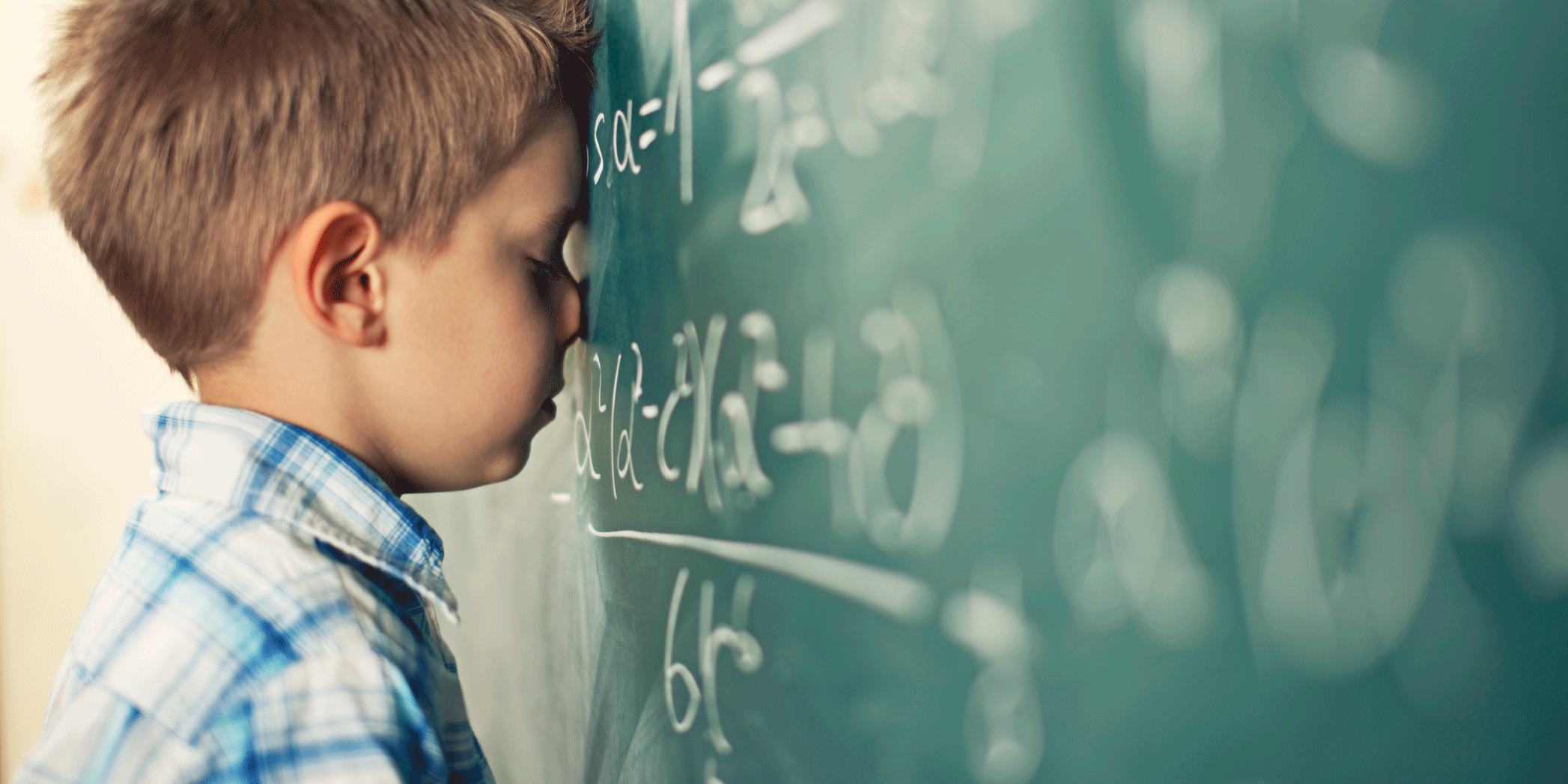Viral
Mimi Launder
Dec 12, 2017

Maths puzzles can be tough sometimes
iStock/Imgorthand
If you were one of those unfortunate students who dreaded fractions and whose nightmares were filled with trigonometry, we have some good news for you.
You might actually be a genius in disguise.
Having 'a natural talent' for maths is a myth.
In fact, Elsbeth Stern, a professor at the Zurich Technical University, argues in a paper that maths is a fundamental human ability.
Stern wrote:
In the case of mathematics it is entirely plausible that nature has equipped human beings with intuitive number knowledge and sensitivity for magnitude.
Stern argues that bad maths grades usually stem from ineffective maths teaching - however, this assumption shifts when it comes to learning abilities such as dyscalculia.
She went on to lament that the education system may be failing those who would otherwise excel with numbers, adding:
A serious lack of conceptual understanding remains, as even the most intelligent students often cannot transfer the insights they should have gained to problems that differ from those dealt with in the classroom.
Hard work is more important than genetics
Children who have had maths introduced to them from a younger age are bound to do better on initial school tests.
Meanwhile, kids who haven't benefited from being taught maths from a young age might assume that they just don't have the brain for maths, lose confidence and fall at the first hurdle.
Believing you are bad at maths can, therefore, become a self-fulfilling prophecy. But research backs the idea that hard work, not natural ability, is more important.
A study measuring maths achievement in 3,520 students over five years concluded:
It's not how smart students are but how motivated they are and how they study that determines their growth in math achievement.
So, you may actually be an undiscovered mathematical genius after all.
Top 100
The Conversation (0)














